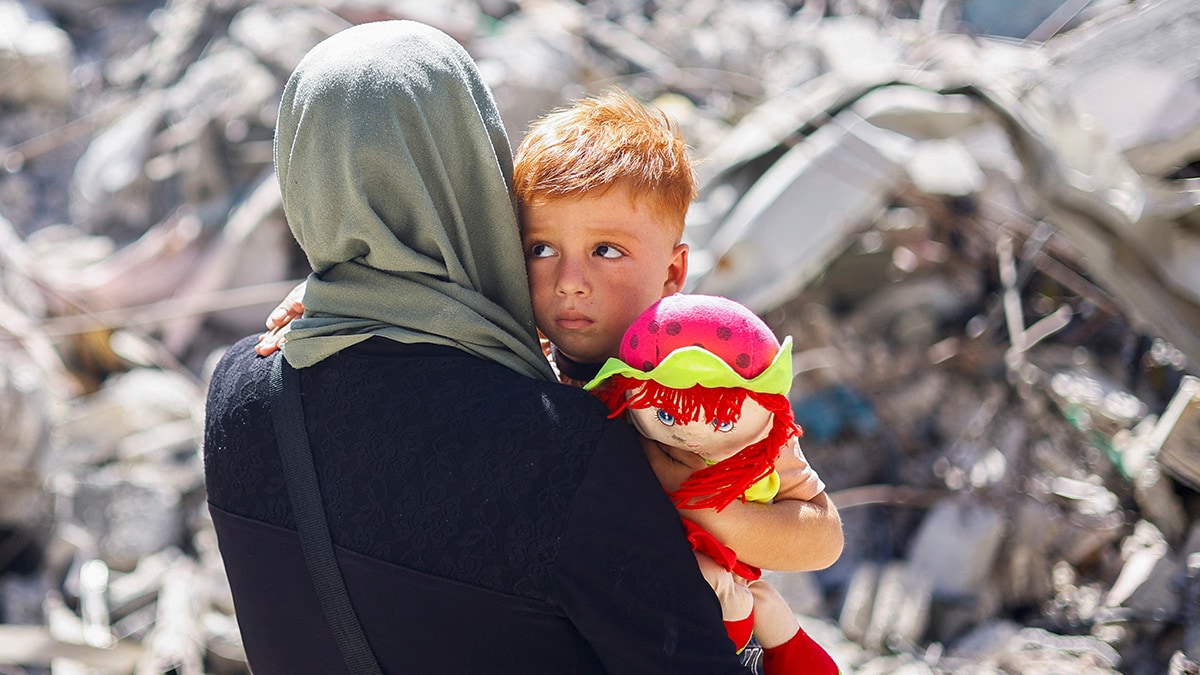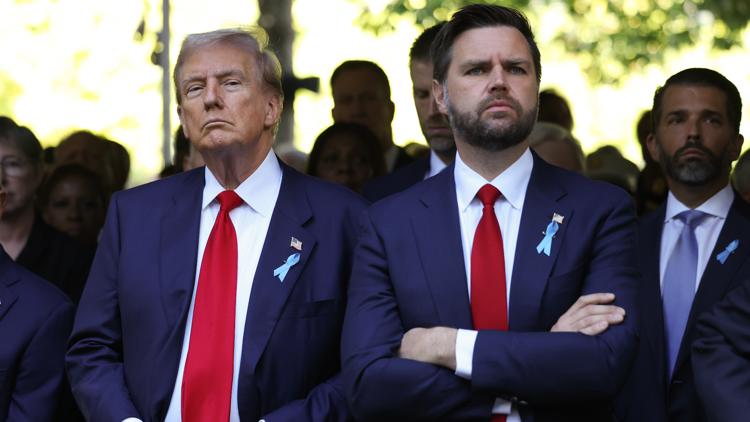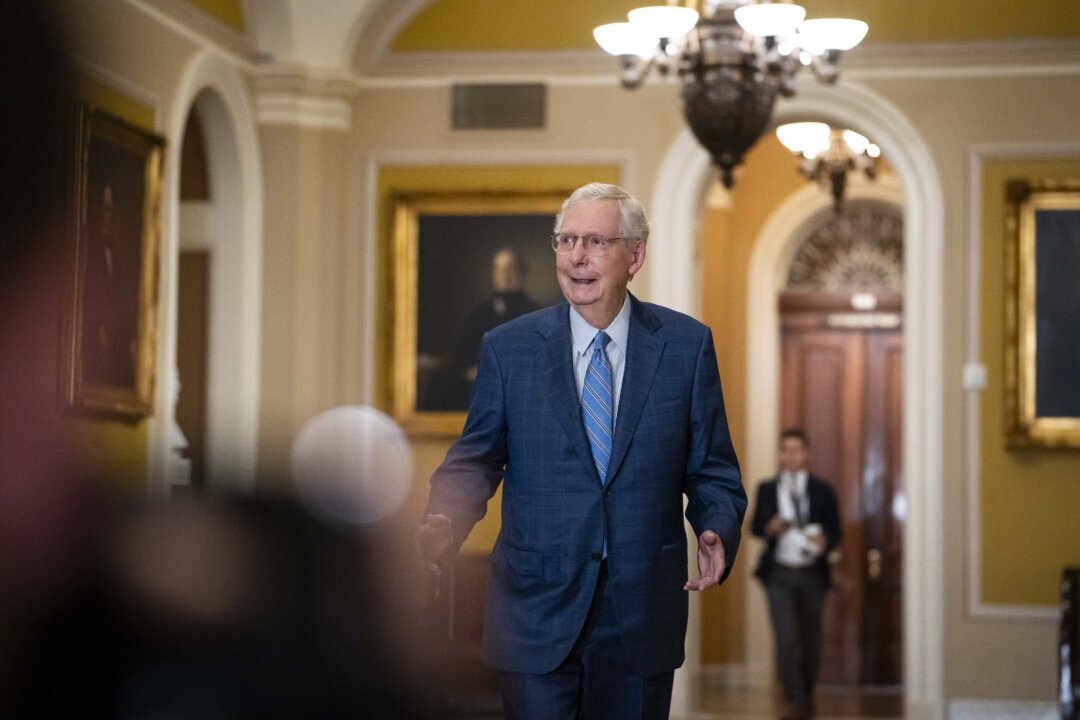
The announcement by Qatar temporarily stalling its mediation efforts to broker a cease-fire between Israel and Hamas marks a troubling shift in one of the few lifelines that have been able to facilitate peace talks in the past. For a fact, if Doha was not the most successful in halting the Israel and Hamas conflict, it has certainly been a lifeline on many occasions since the early 2000s in reducing immediate escalations, facilitating humanitarian aid, and acting as a bridge between Hamas and other regional or global players reluctant to engage directly with the group. After the most brutal and deadly attack carried out by Hamas in October 2023 on Israel, Qatar’s role in the release of 105 Israeli hostages by Hamas and 240 Palestinian hostages by Israel in November had temporarily contributed towards the prospects of further peace negotiations.
However, none of it could lead to either side agreeing to halt their operations. With the recent killings of the top Hamas leaders, including Ismail Haniyeh and Yahya Sinwar, the morale of the Israeli defence has undoubtedly gone up as it has shaken Hamas’s core structure. While the immediate implication of Qatar quitting its role as the chief mediator could lead to prolonged instability in the region where Israel and Hamas continue their counter-strategies to seek revenge, the most visible implication would be on the humanitarian front as the release of the hostages from both sides continues to be the most complex issue.
Qatar’s decision may also contribute to Egypt’s worries, as with Qatar, Cairo’s peace efforts were not limited to regional stability but also to the domestic stability of Cairo. Following tensions between the two parties and their further worsening after the October 07 attacks, Egypt has faced economic and humanitarian challenges in the form of inflation, disruptions in natural gas exploration and its export, and a mass exodus of Palestinian refugees. Additionally, if the media reports of Qatar asking Hamas to close the office hold ground, this could result in a big blow to Hamas, as it would mean a loss of political and logistical hub and severely restrict its ability to engage with international actors, secure financial support, and coordinate diplomatic outreach with the Muslim countries beyond the Arab world.
This isolation could also reduce Hamas’s influence and capacity to negotiate in terms of military strategy and humanitarian bargaining, further complicating an already strained situation. With top Hamas leaders killed in recent Israeli strikes, including Sinwar, Hamas’s military operations are already in muddles, and a closure of the Hamas office in Qatar would weaken the chances of the new Hamas leadership to negotiate any possible resolution. Who could become the new political centre for Hamas? Possibilities of Turkey, Iran, Oman, Lebanon, and Algeria are high, as Turkey has already served as a diplomatic platform for Hamas leadership.
At the same time, Iran remains one of its strongest backers, providing material support and ideological alignment. Oman and Algeria, traditionally neutral but influential in regional affairs, could also consider stepping into a more prominent role. However, whether any of these countries could gain the United States’ backing is a significant question.
While Qatar denies the reports of its withdrawal from mediation regarding the cease-fire in Gaza as “not accurate” and that “the State of Qatar notified the parties 10 days ago during the last attempts to reach an agreement that it would stall its efforts to mediate between Hamas and Israel if an agreement was not reached in that round.” In the statement made by Qatar’s Ministry of Foreign Affairs, Doha’s frustration is clearly visible as the two parties have not shown “their willingness and seriousness to end the brutal war and the ongoing suffering of civilians caused by catastrophic humanitarian conditions in the Strip” and that “Qatar will not accept that mediation be a reason for blackmailing it, as we have witnessed manipulation since the collapse of the first pause and the women and children exchange deal, especially in retreating from obligations agreed upon through mediation.” Meanwhile, Israeli media claims that Qatar’s move asking Hamas to exit from Doha is made at the behest of the United States.
Further citing sources, The Times of Israel reports that the US decided such a move after “Hamas’s execution of American-Israeli hostage Hersh Goldberg-Polin along with five other captives in late August.” The US demand for Hamas’s exit from Doha has been making rounds for quite some time, and only last week, a US official was quoted acknowledging the Biden administration’s demand. Adhering to what the media has projected about the US in demanding the exit of Hamas’s political office and its leaders from Doha could isolate Hamas further, pushing it to seek alliances with nations less strategically positioned or less stable, which may not offer the same level of diplomatic cover.
Without a reliable host, Hamas’s political visibility, negotiating power, and organisational capabilities could be severely weakened, which may potentially lead to its reduced regional influence and a more constrained role in the broader geopolitical landscape. In conclusion, with regional tensions high between Israel and Iran, Israel and Lebanon, and internal conflicts, a peaceful resolution remains complex. The approach of a Trump 2.
0 administration adds another layer of uncertainty. While President-elect Donald Trump has promised to bring peace to the Middle East , his “America First” stance may cast doubts on unwavering support for Israel. However, his recent endorsement of Netanyahu’s actions— telling him to “do what you have to do”—signals potential continuity.
Ultimately, unpredictability will likely be the most predictable feature of Trump’s foreign policy in the region. Rishi Gupta is the Assistant Director at the Asia Society Policy Institute, Delhi. Views expressed in the above piece are personal and solely those of the author.
They do not necessarily reflect Firstpost’s views..














